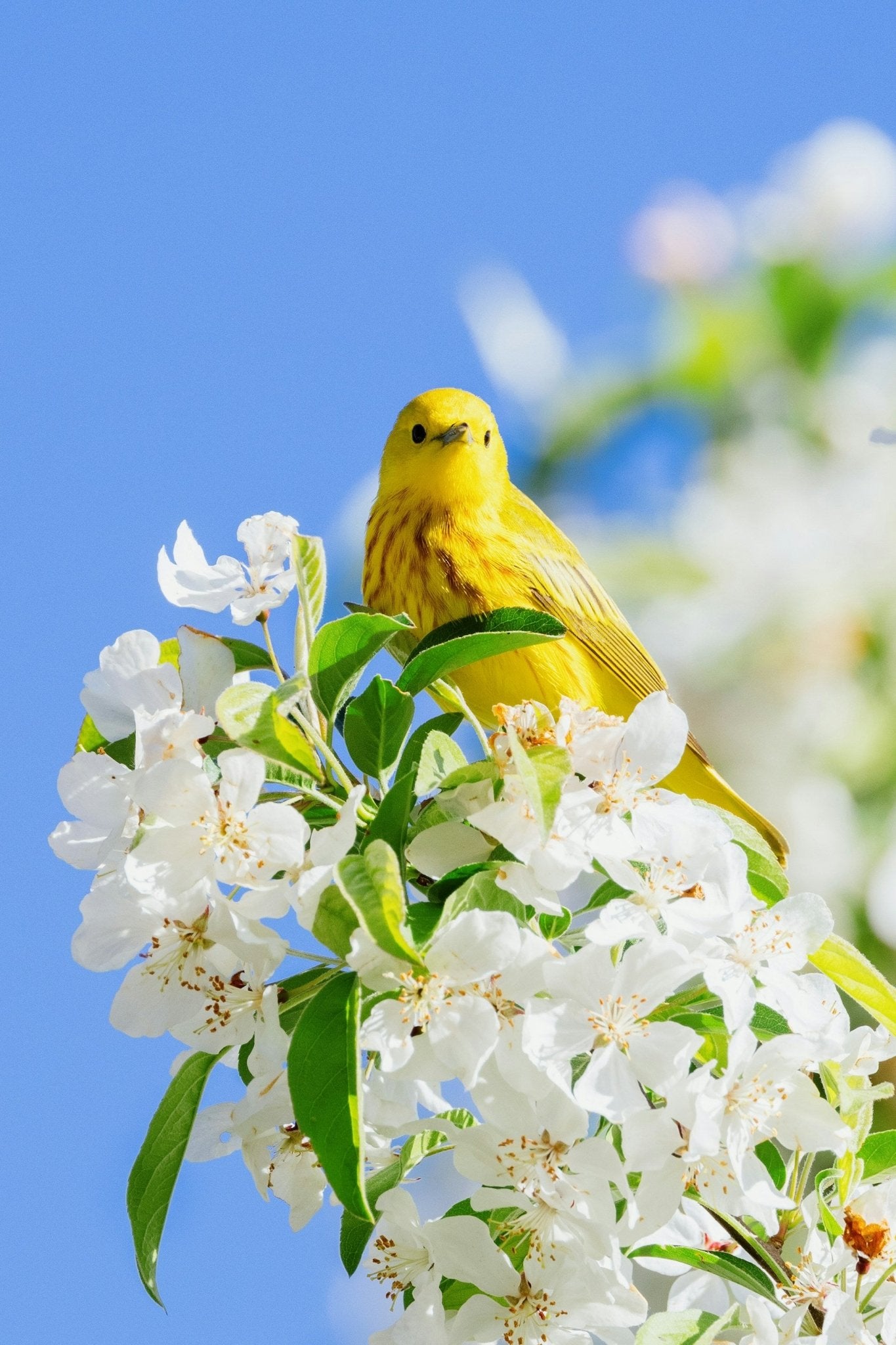How to Boost Your Immune System During the Winter-to-Spring Transition
The transition from winter to spring heralds a period of significant change, not only in the environment around us but also within our bodies. As we move from the cold, often indoor-centric months into the warmer, vibrant days of spring, our immune systems must adapt to a variety of new challenges, including an increase in allergens like pollen. Seasonal allergies, characterized by the body’s hypersensitive reaction to these otherwise harmless substances, can significantly impact our daily lives, affecting everything from our energy levels to our ability to concentrate.
Strengthening our immune system and employing targeted strategies to manage these allergies is essential for making the most of the spring season. Research underscores the importance of nutrition, lifestyle adjustments, and environmental management in supporting immune function during this transition, providing a pathway to navigate these changes with resilience and vitality (Scadding et al., 2020; Aranow, 2011). This comprehensive guide offers insights into optimizing your immune health to navigate this transition smoothly, minimizing allergies and maximizing your overall well-being.
Understanding Seasonal Allergies and Immunity
The onset of seasonal allergies marks the body's hyperactive response to airborne allergens such as pollen, characterized by an array of symptoms that can dampen the spirit of spring. This immune overreaction involves a complex interplay of immune cells and signaling molecules, leading to inflammation and symptoms such as sneezing, congestion, and itchy eyes. The changing seasons bring about shifts in environmental allergens, making it crucial to adapt our lifestyle and health strategies accordingly. Vitamin D, with its significant role in immune modulation, emerges as a key nutrient in this adaptation process, influencing the immune system's response to allergens and potentially reducing allergic sensitivity (Aranow, 2011; Lin et al., 2012).
Vitamin D's Role in Immune Regulation
Vitamin D’s influence on the immune system extends to enhancing the body's defenses against allergens. Its capacity to modulate immune responses helps in maintaining a balanced reaction to environmental triggers. Adequate levels of Vitamin D during the winter-to-spring transition can be pivotal in preventing the escalation of allergic reactions, underscoring the nutrient's role in immune health (Hemilä, 2017). Ensuring sufficient Vitamin D intake, whether through diet, supplementation, or safe sun exposure, is a proactive measure against the heightened immune challenges presented by seasonal allergies.
Strengthening Immune Health for Allergy Management
Adopting a holistic approach to immune health can significantly impact how we experience and manage seasonal allergies. Nutrition emerges as a cornerstone of immune support, with certain foods offering anti-inflammatory and antioxidant properties that can soothe allergic reactions. Environmental strategies, such as minimizing exposure to allergens, complement dietary measures by reducing the immune system's triggers. Additionally, physical activity and stress reduction play critical roles in immune regulation, offering pathways to mitigate allergy symptoms and enhance overall immune resilience (Rondanelli et al., 2018; Nieman & Wentz, 2019).
Nutritional Support for Immune Function
A diet rich in fruits, vegetables, omega-3 fatty acids, and flavonoids provides a foundation for strong immune function and allergy management. These nutrients, found in foods like berries, nuts, fatty fish, and leafy greens, support the immune system's ability to respond more effectively to allergens. Antioxidants and anti-inflammatory compounds in these foods can help reduce the severity of allergic reactions, making diet an essential element of seasonal allergy management (Carr & Maggini, 2017; Rondanelli et al., 2018).
Quercetin: Nature's Antihistamine
Quercetin, a flavonoid found in many fruits and vegetables, has shown promise in inhibiting histamine release, effectively acting as a natural antihistamine. Rich sources include onions, apples, and berries. Studies suggest that quercetin can help reduce symptoms of allergies by stabilizing the cells that release histamine in the body (Mlcek et al., 2016). Incorporating quercetin-rich foods into your diet or considering a quercetin supplement may provide relief from allergy symptoms.
Bromelain: Reducing Inflammation
Bromelain, an enzyme derived from pineapple stems, is reputed for its anti-inflammatory and mucolytic properties. It may help improve breathing by reducing nasal swelling and thinning mucus. Research indicates that bromelain can be an effective adjunctive treatment for respiratory symptoms associated with allergies (Secor et al., 2005). Consuming pineapple or taking bromelain supplements are ways to utilize this natural remedy.
Stinging Nettle: An Herbal Approach
Stinging nettle (Urtica dioica) has been used traditionally as a natural remedy for relieving allergy symptoms. It is believed to act similarly to quercetin by blocking histamine receptors and inhibiting inflammatory processes. A randomized controlled trial has shown stinging nettle's efficacy in managing allergic rhinitis symptoms (Roschek et al., 2009). Nettle can be consumed as tea, in capsule form, or as a tincture.
Local Honey: Building Tolerance
Consuming local honey is thought to help build tolerance to regional pollen allergens due to its trace amounts of local pollen. While scientific evidence on this practice is mixed, some allergy sufferers report reduced symptoms after regularly consuming local honey. It's suggested to start incorporating small amounts of local honey into your diet before allergy season begins.
Essential Oils: Aromatic Relief
Certain essential oils, such as peppermint, eucalyptus, and lemon, have properties that can aid in alleviating allergy symptoms. Peppermint oil, for example, may relieve blocked sinuses and improve breathing, while eucalyptus oil's anti-inflammatory qualities can soothe nasal congestion. Essential oils can be used in diffusers, applied topically when diluted with a carrier oil, enjoyed as a shower steamer or in a bath soap, or added to a steam inhalation.
Managing Allergens in Your Environment
Strategies to reduce allergen exposure in your environment can drastically alleviate allergy symptoms. Using air purifiers, keeping living spaces clean, and being mindful of outdoor activities during peak pollen times are practical steps to limit allergen exposure. Such environmental management, alongside personal hygiene practices like showering after being outdoors, can play a significant role in reducing the burden of seasonal allergies on the immune system (Sheikh & Pittler, 2008).
Exercise and Immune Function
Engaging in regular, moderate exercise boosts the immune system's efficiency and can influence the body's response to allergens. Physical activity promotes circulation and the mobilization of immune cells, aiding in surveillance and defense mechanisms. While outdoor exercise during high pollen periods requires caution, choosing the right time for outdoor activities or opting for indoor exercises can help maintain physical fitness without exacerbating allergies, ultimately supporting immune health (Nieman & Wentz, 2019).
Prioritizing Rest and Stress Reduction
The immune system's functionality is closely linked to stress levels and sleep quality. Chronic stress and inadequate sleep can weaken immune defenses, heightening vulnerability to allergens. Implementing stress reduction techniques and ensuring sufficient, restorative sleep are key strategies in enhancing the immune system's capacity to manage seasonal transitions and allergies effectively. Practices such as mindfulness, yoga, and adhering to a regular sleep schedule not only support immune health but also improve overall well-being, offering a holistic approach to navigating the challenges of seasonal allergies (Besedovsky et al., 2019).
The winter-to-spring transition is a critical period for immune health and allergy management. Through strategic nutrition, lifestyle modifications, and environmental management, it is possible to support the immune system's adaptability and mitigate the impact of seasonal allergies. Embracing these evidence-based strategies facilitates a smoother transition into spring, enabling individuals to enjoy the season's renewal with greater health and reduced allergy symptoms. Armed with knowledge and proactive health measures, embracing the spring season becomes a celebration of renewal and well-being.
References:
- Aranow, C. (2011). Vitamin D and the immune system. Journal of Investigative Medicine, 59(6), 881–886.
- Besedovsky, L., Lange, T., & Haack, M. (2019). The sleep-immune crosstalk in health and disease. Physiological Reviews, 99(3), 1325–1380.
- Carr, A. C., & Maggini, S. (2017). Vitamin C and immune function. Nutrients, 9(11), 1211.
- Mlcek, J., Jurikova, T., Skrovankova, S., & Sochor, J. (2016). Quercetin and its anti-allergic immune response. Molecules, 21(5), 623.
- Secor, E. R., et al. (2005). Bromelain treatment reduces CD4+ T cell-mediated airway inflammation in mice. Evidence-Based Complementary and Alternative Medicine, 2(4), 455–462.
- Roschek, B. Jr., Fink, R. C., McMichael, M., & Alberte, R. S. (2009). Nettle extract (Urtica dioica) affects key receptors and enzymes associated with allergic rhinitis. Phytotherapy Research, 23(7), 920–926.
- Hemilä, H. (2017). Vitamin C and infections. Nutrients, 9(4), 339.
- Lin, J., et al. (2012). Vitamin D, asthma prevalence, and asthma exacerbations: A large adult population-based study. Allergy, 67(12), 1460–1467.
- Nieman, D. C., & Wentz, L. M. (2019). The compelling link between physical activity and the body's defense system. Journal of Sport and Health Science, 8(3), 201–217.
- Rondanelli, M., et al. (2018). Self-care for common colds: The pivotal role of vitamin D, vitamin C, zinc, and Echinacea in three main immune interactive clusters (physical barriers, innate and adaptive immunity) involved during an episode of common colds—Practical advice on dosages and on the time to take these nutrients/botanicals in order to prevent or treat common colds. Evidence-Based Complementary and Alternative Medicine, 2018, 5813095.
- Scadding, G. K., et al. (2020). BSACI guideline for the management of allergic and non-allergic rhinitis. Clinical and Experimental Allergy, 50(1), 1–22.
- Sheikh, A., & Pittler, M. H. (2008). Seasonal allergic rhinitis is effectively treated with homoeopathic preparations. Allergy, 63(11), 1557.




Leave a comment